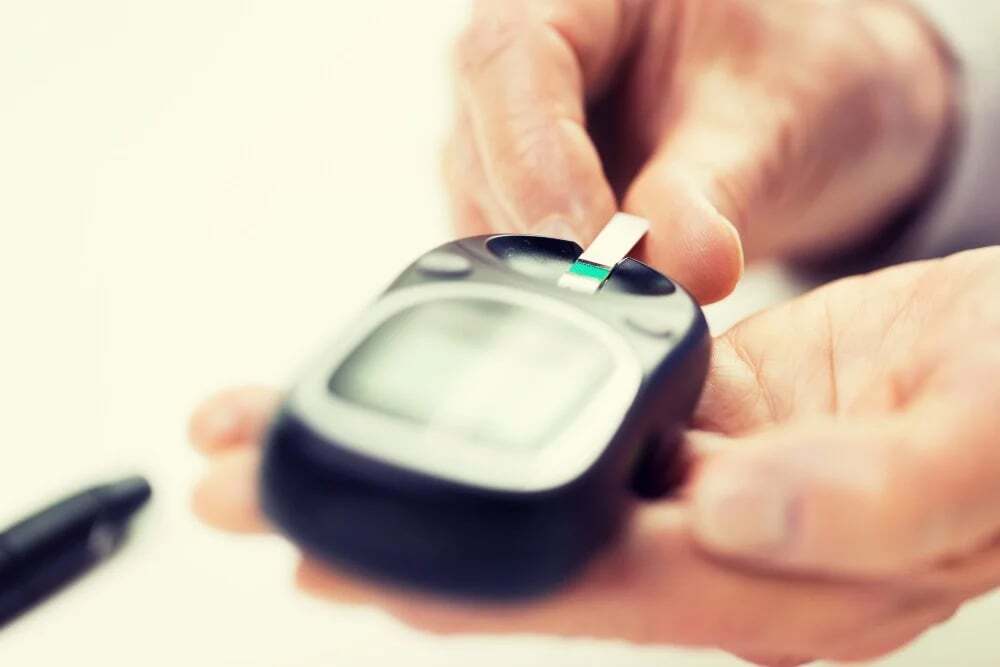Donate Blood for Diabetes Research and Get Paid
Living with a chronic illness can pose great challenges to your daily activity. Being proactive with treatment and donating to research can be a beneficial addition to your routine management. Discovering that you have a disease can be overwhelming with many unanswered questions and concerns. One that may come to mind is “how can I help someone else that may go the same process and struggles that I have experienced?” You can help by becoming a Specialty Antibody donor!
Participating in research allows scientists and clinicians find new treatments, tests and quicker diagnostic methods to improve patient outcomes and, hopefully, prevent the disease in the future.

Complete the information below:
Earn money by donating blood for diabetic research. See the requirements for donating below and confirm if you qualify.
Diabetes mellitus is a chronic condition that affects the way the body metabolizes sugar or glucose, and generally manifests in two different types: type 1, or insulin-dependent, diabetes and type 2, or non-insulin dependent diabetes. The cause of type 1 diabetes is thought to have a genetic and environmental component although the exact reason is still unknown.
Donor requirements for participation:
- You must be diagnosed with Type 1 diabetes by a medical professional.
- Confirmation of the diagnosis and/or treatment must be verified with your physician.
- Be pre-screened to determine eligibility.
- You’re willing to donate white blood cells via the leukapheresis process.
- You must have a photo ID.
- You must be at least 18 to 55 years old.
- You must weigh at least 60kg.
Leukapheresis Program
White blood cells help defend the body against disease and infection. The process of leukapheresis removes white blood cells and returns other blood components back to the donor. A white blood cell donation can assist scientists in the effort to diagnose, treat and prevent diseases.
Your immune cell donation may assist researchers to advance medical treatments, lead to a scientific breakthrough or even develop cures for certain diseases or disorders. Immunologists worldwide have a need for healthy immune cells and cellular subsets, and this is where you come in!
Be sure to review eligibility details in order to be prepared to donate.
More about Type 1 Diabetes
Symptoms
Symptoms are usually slow in progression and include increased thirst, frequent urination, increased hunger, weight loss, fatigue, blurred vision and slow healing of infection.
Treatment
Diet and exercise are key to preventing diabetes and initially treating it. However, medications may be necessary for further control. Treatment can be complex and comprehensive with a variety of combination medications to decrease A1c and blood glucose levels. Initially, patients are encouraged to change their diet and exercise habits.
Since patients with type 1 diabetes no longer produce enough insulin from the destroyed beta cells, insulin is the recommended first-line therapy. Additional medications can be added for further reduction in A1c and blood glucose level per physician discretion and product indication.
This information is not meant for clinical diagnosis, but as an educational resource derived from Mayo Clinic.
.webp?width=2883&height=1011&name=CTLS%20Logo%C2%AE_%20Font_Final%20(2).webp)